
Karl Friston, Professor of Neuroscience at the University College London, was invited to give a scientific seminar at the Institut du Cerveau - ICM on November 16, 2015. He explains how the understanding of how the brain perceives sensory signals...
11.23.2015
Research, science & health
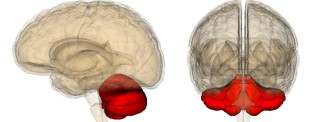
Giovanni Stevanin, researcher at the Brain and Spine Institute (Institut du Cerveau - ICM), and his collaborators identified a recurring mutation in a new gene responsible for cerebellar axatia that en-codes a calcium channel expressed in certain...
10.22.2015
Research, science & health

Very few people pretend they have never dreamt. Pr. Isabelle Arnulf’s work, Head of sleep disorders at the Pitié-Salpêtrière Hospital and researcher at Paris Brain Institute, and her colleagues, prove that this is false. Everybody dreams, but some do...
10.16.2015
Research, science & health
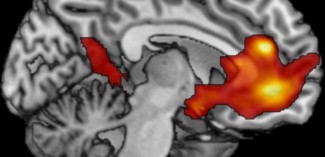
Why do we like a painting or a person? Does our judgement depend only on the intrinsic value of the painting or the person? What if other factors intervene?
07.09.2015
Research, science & health
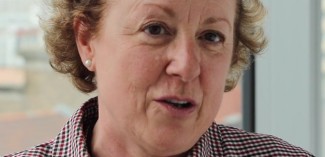
During the Second Neurothics Network meeting, Christine Mitchell, professor at Harvard University and researcher in the "Human Brain Project," explain the mission of the project and some of the ethical questions it raises.
07.09.2015
Research, science & health
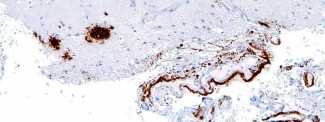
Several recent studies confirm that the presence of senile plaques or the beta-amyloid protein permit the diagnosis of Alzheimer disease or predictions as to who will develop the disease.
07.23.2015
Research, science & health
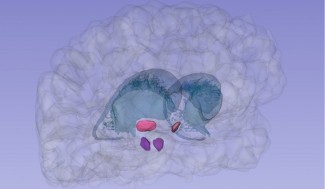
Gait and balance disorders and the associated falls caused by Parkinson disease are a major public health problem.
07.09.2015
Research, science & health

In a recent study of a large sample of Icelanders, researchers identified a correlation between the presence of a mutation on the gene ABCA7 and Alzheimer disease.
05.29.2015
Research, science & health
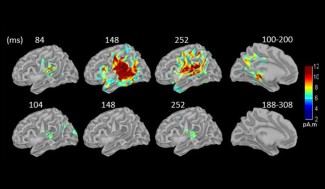
Why aren't we aware of outside noises when we sleep? A study, carried out at Neurospin in collaboration with the "Centre du sommeil et de la vigilance" of the Hôtel-Dieu in Paris (AP-HP), the Brain and Spine Institute (Institut du Cerveau - ICM), the...
03.05.2015
Research, science & health
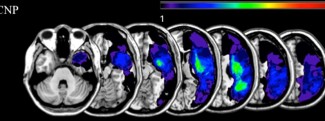
Can the left hemisphere compensate for a lesion in the right hemisphere?
01.23.2015
Research, science & health
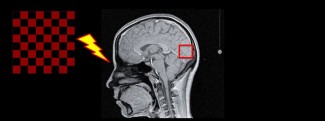
The innovative results of a study on the effects of a synthetic oil on brain metabolism in Huntington disease, performed by researchers in the Institut du Cerveau - ICM were just published in the journal Neurology.
01.08.2015
Research, science & health

Whatever the alphabet we use or the culture in which we are raised, it’s always the same small region of the visual cortex in the left hemisphere that allows us to identify the letters we see. Why, then, in the vast regions of the visual cortex that...
11.13.2014
Research, science & health

